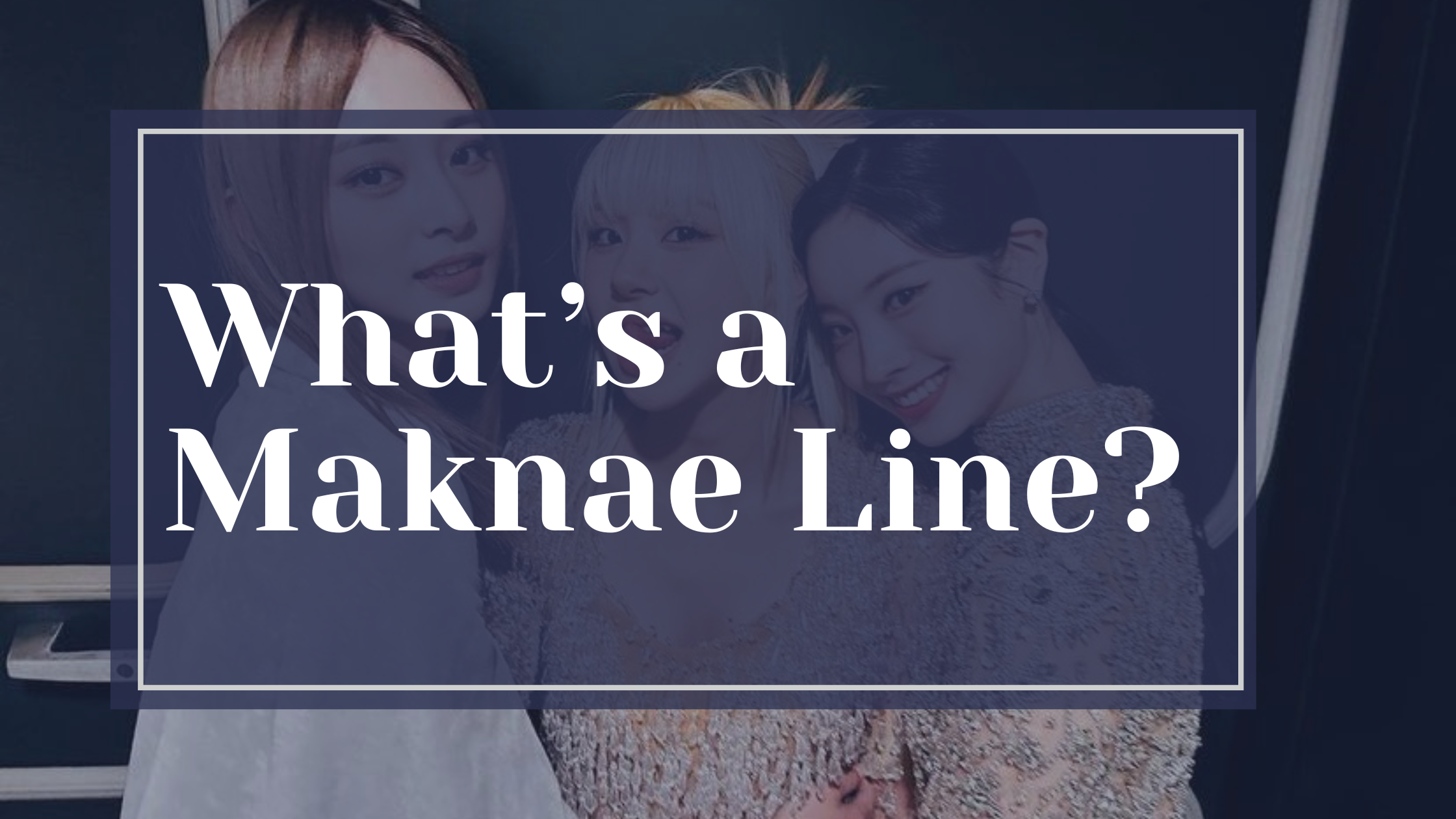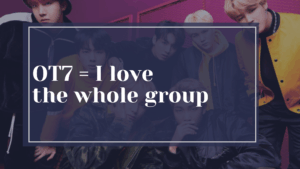Have you ever watched K-pop variety shows or scrolled through fan tweets and thought, “What are all these words?”
Hello Bias is here to help! We break down essential K-pop terms so even newcomers can fully enjoy the fandom. Today’s topic is the “Maknae Line” — a common term made up of a Korean word and an English word. Once you learn it, you’ll appreciate K-pop groups even more!
💌 Want more K-POP deep dives like this?
Subscribe to Hello Bias Letters, our free Substack newsletter!
Each week, we unpack K-POP culture with care—from fan behavior to behind-the-scenes stories.
→ Join us here
What Does “Maknae Line” Mean?
The Meaning and Origin of “Maknae”
If you’ve never heard the word “maknae” before, you’re not alone. In Korean, “maknae” (막내) means the youngest child in a family. In K-pop, it refers to the youngest member of a group.
How “Maknae Line” Is Used in K-pop
When you add “line” to “maknae,” it becomes a term that refers to the youngest members of the group — not just the one youngest. The exact number of members in the maknae line varies by group, often two to four members.
You might also hear other “___ line” terms, like “97 line,” meaning idols born in 1997. While originally used for birth years, the “line” suffix is now used more broadly, such as “maknae line.”
Want to know more about the 97 line? 👉 Here’s what the 97line is all about.
Famous Maknae Line Examples
BTS: Jimin, V, Jungkook
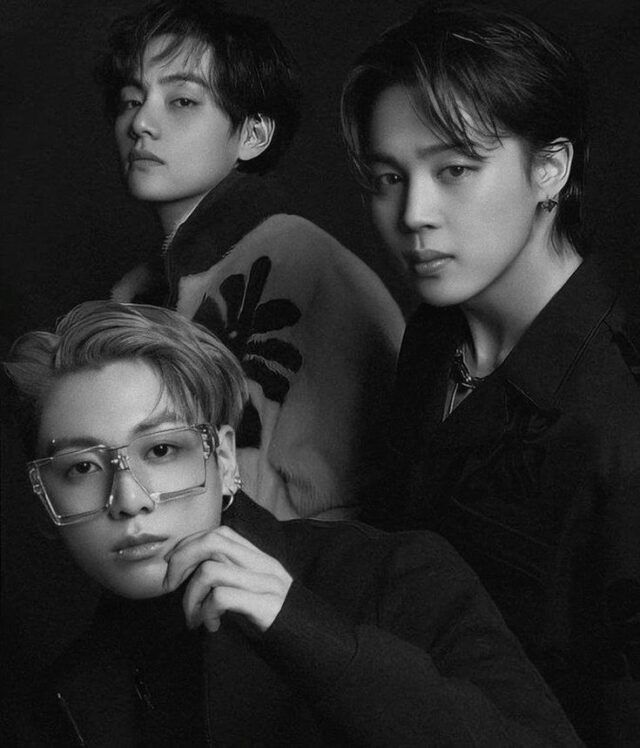
Probably the most famous maknae line in the world, BTS’s trio of Jimin, V, and Jungkook are all visuals, talented performers, and beloved by fans. Even those who love all the members often have a soft spot for the tight bond among these three.
TWICE: Dahyun, Chaeyoung, Tzuyu
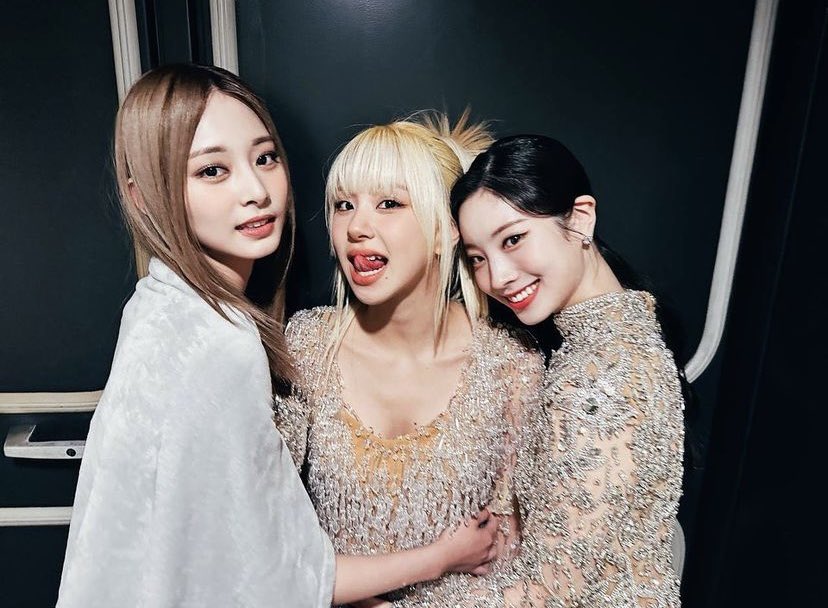
Photo by official twitter
In groups with fewer members, maknae lines are less commonly used. But in larger groups like TWICE, the youngest three — Dahyun, Chaeyoung, and Tzuyu — are often referred to as the maknae line. Each has an independent, laid-back personality that resonates with fans.
SEVENTEEN: Seungkwan, Vernon, Dino
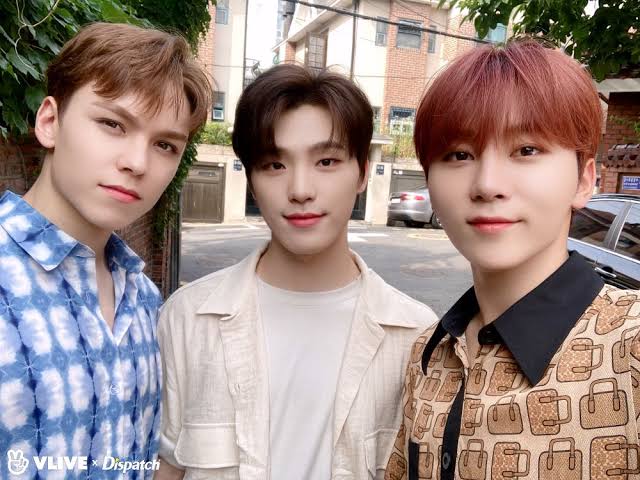
Photo by official twitter
SEVENTEEN’s maknae line flips the usual script. Rather than being cute and playful, they’re often more composed than their older members. Their dynamic with the louder hyung line is a fan-favorite element.
BLACKPINK: Rosé, Lisa

Photo by official twitter
In BLACKPINK’s case, the group only has four members, but the younger two — Rosé and Lisa — are sometimes called the maknae line. Both were born in 1997 and grew up outside Korea, giving them a distinct bond and sisterly vibe.
Stray Kids: Felix, Seungmin, I.N
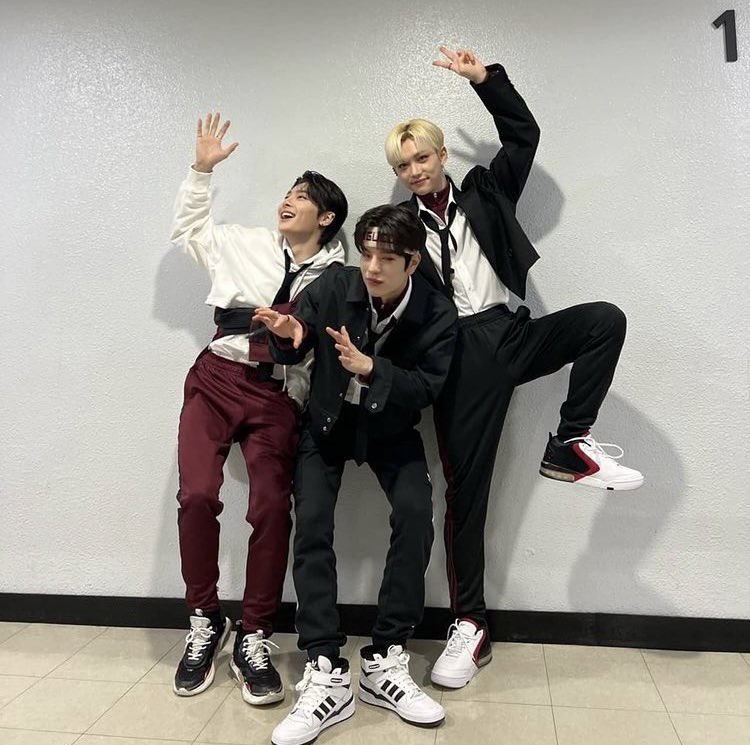
Photo by official twitter
Stray Kids’ maknae line mixes adorable off-stage behavior with mature stage presence. Their interactions often show a natural, relaxed chemistry that fans find endearing.
Why Do Fans Love the Maknae Line?
Their Role in the Group
Maknae line members don’t have a fixed role, but they often get affection from older members. Some are sweet and obedient, while others are bold and outspoken — either way, their position creates great chemistry.
Maknae Line vs. Hyung/Unnie Line
In Korean culture, age hierarchy is important, but in K-pop, it becomes part of the fun. Fans love watching older and younger members tease each other, support each other, and show real affection.
Maknae vs. Maknae Line: What’s the Difference?
The “maknae” is the single youngest member of a group. The “maknae line” refers to several of the youngest members — typically two or more. One is singular; the other is a subgroup.
Related K-pop Terms to Know
Golden Maknae
Originally used to describe BTS’s Jungkook, this term refers to a maknae who excels in everything — vocals, dance, visuals, athleticism, and more. Today, other all-rounder youngest members may also be called golden maknaes.
Want to know why Jungkook is called the “Golden Maknae”?
Fake Maknae
Some idols act cute or clingy even though they’re not the youngest. These members are called “fake maknaes” because of their behavior, not their age.
Hyung Line / Unnie Line
These terms refer to the older members in a group — “hyung” for boys and “unnie” for girls. Unlike “maknae,” which is gender-neutral in K-pop slang, these are gendered and commonly used when comparing group dynamics.
